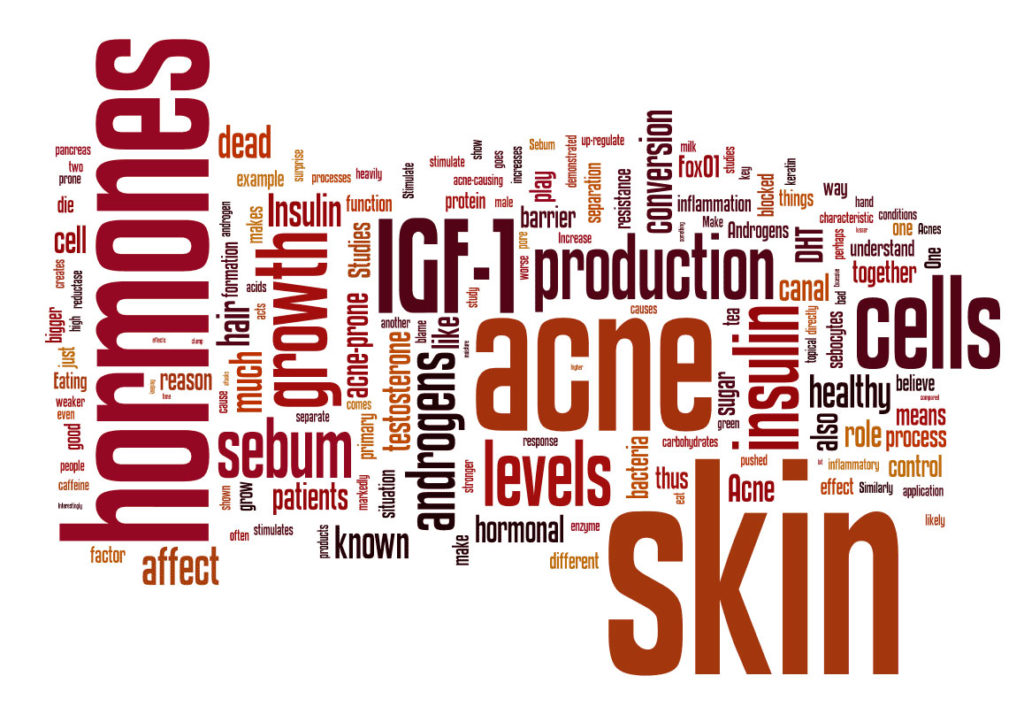Abdominal cramps, lower abdominal pain, bloating, nausea, heartburn, a noisy abdomen (these noises are called borborygmi), constipation and or diarrhoea, incomplete evacuation of the stool, mucus, and tiredness can be symptoms of Irritable Bowel Syndrome (IBS). For a proper diagnosis, these symptoms must have been present for at least 6 months and any other medical conditions ruled out. While the symptoms are uncomfortable and unpleasant, it is not a disease and it does not cause any long term damage. It has been estimated that it affects 15 – 20% of the New Zealand population. It tends to start before the age of 45 and occurs twice as often in women than in men, which indicates it may have a hormonal component. It is also known as spastic colon, functional bowel syndrome and irritable colon.
No definite cause has been determined yet, however certain foods and stress do make symptoms worse. Many of these complaints can be addressed with diet and lifestyle changes. Research done by the Monash University in Australia has shown that a low FODMAP diet has been found to reduce symptoms in 70% of IBS cases. FODMAPs are fermentable carbohydrates found in certain foods. They provide food for bacteria in the gut which produce gas and draws more fluid into the bowels resulting in distention, pain and discomfort. Many who struggle with IBS also experience anxiety and depression. As research is now revealing, there is a very strong connection between the gut and the brain. It appears that the information highway is not 50:50, but rather 90% of the information exchange goes from the gut to the brain and only 10% from the brain to the gut, so fixing the gut may improve symptoms of anxiety or depression as a bonus to addressing gastrointestinal issues.
If you are struggling with these symptoms and have had any other medical conditions ruled out, a low FODMAP diet may work for you and reduce the need for drugs to control symptoms. If you would like help with following the low FODMAP diet and other lifestyle strategies that may help improve or eliminate your symptoms, e-mail me at paula@drkathleen.co.nz for an appointment.

Nutritionist and Health Coach
(BSc Human Nutrition and Sports Science, Massey University, Auckland)
Member of the Nutrition Society of New Zealand
References:
- The Science of Nutrition – Thompson & Manore
- https://www.southerncross.co.nz/group/medical-library/irritable-bowel-syndrome-ibs
- http://www.healthyfood.co.nz/articles/2011/november/food-fodmaps-and-ibs-what-to-eat-and-what-to-avoid
- http://www.gastro-info.co.nz/(S(uq4fxx55yywzda55goox5of3))/gastro-information.aspx?pid=5#.UuI9LRA5RD8
- https://medlineplus.gov/irritablebowelsyndrome.html
- http://www.macleans.ca/society/health/the-interview-scientist-giulia-enders-on-the-guts-power/




